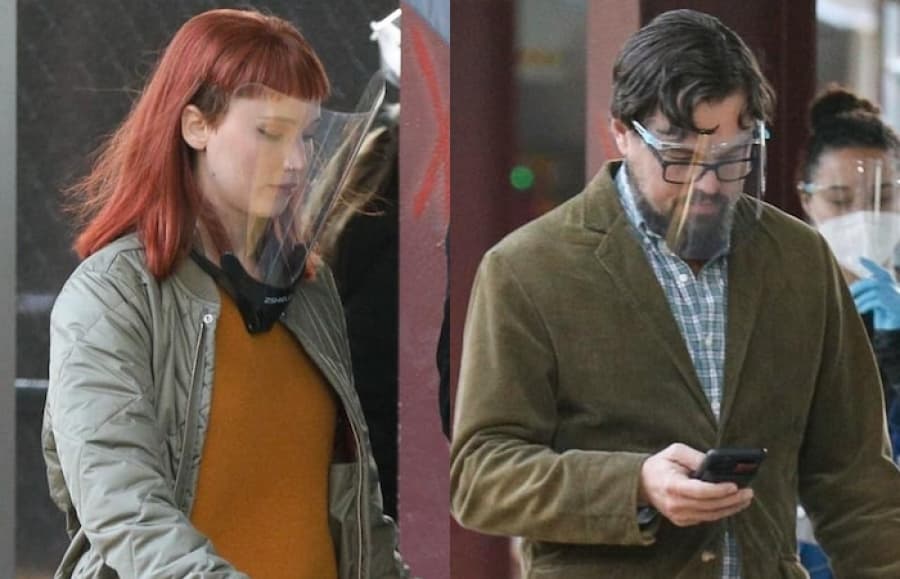

As the film shows, it’s partly because vested interests keep it that way, but it’s also just because we’re human. Yet it was illuminating in unexpected ways – something I’ve always struggled with is how rational people can fail to grasp the scale of climate breakdown, how we could leave it so late. Yes, that’s what it feels like, and no, no one listens, not until it is too late. As the film’s scientists first struggled to clothe their data in sober, measured terms, then broke into swearing, arm-waving shrieks about provable imminent apocalypse, I nodded along. Billed as a satirical comedy, what satire could even come close to the experience of the world’s biggest climate conference, Cop26 in Glasgow, where the main achievement of nearly 200 governments and 30,000 delegates after two weeks of wrenching talks and stark scientific warnings was a resolve to return next year and try a bit harder?Īfter 17 years of reporting on the climate crisis, I doubted at first that the film had much to tell me about the frustrations of communicating a hypothetical catastrophe. Writing about the end of the world is often a thankless task, so the prospect of Don’t Look Up immediately appealed.

Photograph: Niko Tavernise/AP Fiona Harvey: ‘The role of the techno-loon, played by Mark Rylance, struck a chord’ Meryl Streep as President Janie Orlean in Don’t Look Up. I hope the next time this opportunity comes up, Hollywood aims for the people piloting the asteroid, and I hope they put effort into ensuring they hit those targets. They’re the decision-makers in the fossil fuel industry, their lobbyists, their marketing firms and their broadly spread political defence squad.

But the real villains of the climate crisis aren’t citizens distracted by Ariana Grande and Twitter. The film wastes hours hand-wringing about celebrity culture, algorithms, memes and data privacy. Media misreporting is mostly put down to air-headed morning show fluff, but in reality, journalism’s most deadly failures on climate come down to false balance (which features only briefly), or energised disinformation (there’s no News Corp analogue here, extra weird considering McKay’s EP role on the very funny, Murdoch-inspired Succession). The void left by the fossil industry is filled with strange choices. Similarly, the toxicity of the fossil industry’s impact across both sides of politics would have been a richer, funnier and more accurately reflective approach. Considering the film is touted as holding up a “ devastating mirror”, the absence of the main character of the climate crisis is unforgivable. Weirdly absent from the film is a clear analogue of the fossil fuel industry (Rylance’s techy disaster capitalist wants to exploit the mineral wealth of the comet, but he isn’t piloting the asteroid for profit). It matters then that in attempting to hold a mirror up to humanity’s response to the climate crisis, it has strange priorities. It’s a massive hit, widely viewed across the world. Regardless, we have to engage with the deeper flaws of this film.


 0 kommentar(er)
0 kommentar(er)
